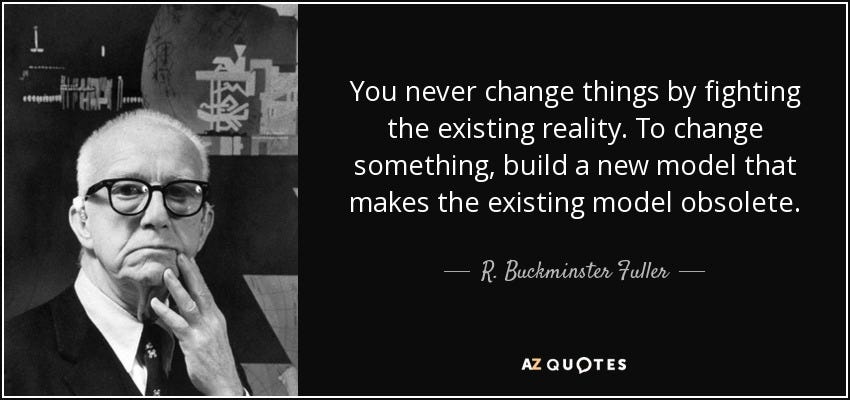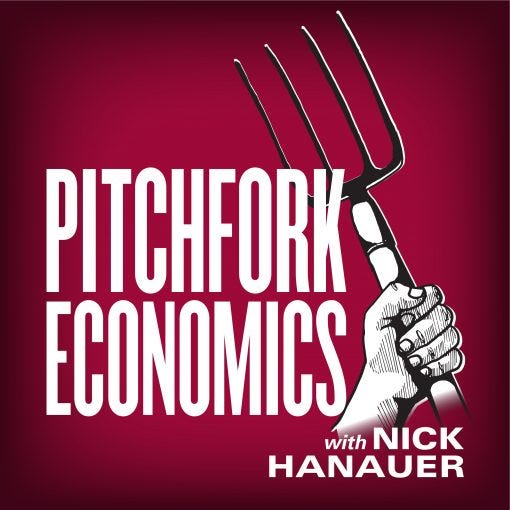
There is a lot going on in the world.
A lot going on that needs to be addressed, discussed and rectified. Convincing a ton of white people why Black Lives Matter. The march toward fascism. Police brutality and out-of-control cops. Millions of people still unemployed or underemployed. The Arctic Circle recording 101 degree temps. A transnational crime syndicate masquerading as a government making a mockery of the rule of law every single day. Our Constitution hanging by the barest of threads.
Oh, yeah. And a pandemic.
A pandemic that is enriching opportunists while it tears at communities and families.
A pandemic readily politicized by many of the asses who occupy our legislative offices.
A pandemic our nation could certainly have handled better since we probably caught wind of it well before it reached our shores.
These are all pressing issues at the forefront of our minds, but, instead, I want to rail about society’s relationship with money.
Billions of people on this planet live on practically nothing per day. I’ve read hundreds of times that there are something like 400 families in America who control an enormous percentage of our country’s wealth. I’ve read numerous times that more than 40 per cent of Americans have zero money in the stock market and under $400 for emergencies.
I know that the water supply in some parts of Flint, Michigan, perhaps all - after, what, a decade? - remain a disaster. Non-potable. I’m sure we don’t hear about all the other Flints scattered about the nation.
I know that Native American reservations - not all, but many - are some of the most desperate, poverty-stricken regions of our country.
I know the homeless population is expanding. It is certainly becoming more visible.
I know the prison population is growing. Which is no surprise because a number of them are privately held corporations.
I know the housing market is stupid in places like San Francisco and Seattle and the quaint little town of Leavenworth and every other tourist burg or ski town in America.
I know there are people and companies who get government contracts who salivate over how much money they can extract from the government for the most trivial component, or gadget or service.
I know stupid amounts of money are wasted yearly on things we don’t need. Like Homeland Security grants to backwater towns’ municipal police so they can purchase flak jackets and weapons meant for war.
I know some of this is because our system is designed to be wasteful while simultaneously our politicians pander to those who push for austerity.
Is money finite? Or is it infinite? Because we talk like it is a finite resource that we are going to run out of at any moment, but we act like it grows on trees. America blows money - just on the military and all things related - like shopaholics with an unlimited credit card.
I wrote a while back that it would take me 14 million years to earn what Jeff Bezos has right now. I have no doubt my math is hyperbolic but it is closer to the truth than not. But those are just words. And they evaporate from your mind five seconds after you read them because they are incomprehensible.
One man has built an incomprehensible empire that makes more money every minute than the total wages of everyone in the bottom half of the economic pie. (I made that up. You won’t find it on The Google). His empire is built on a framework we as a society provided. It’s important to always keep that in mind.
The economic disparity is growing. And, when mortgages and rents come due once the government quits providing support, the economic chasm will widen as fast as The Big One will devastate Seattle. The Haves are perched like vultures waiting to vacuum up even more of the wealth.
It doesn’t have to be this way.
There are more of us than them. And they need us. They need us so badly they readily make exceptions during a pandemic to keep us working.
Here’s my wacky, back-of-the-napkin proposal:
We had a 90 per cent tax bracket at one time in America. Bring it back. Under my proposal, if during any given year you earn one million dollars, through a salary or stock options or capital gains, you get to keep that one million dollars.
Pretty generous for a communist, huh?
But, if you earn two million, well, nine hundred thousand dollars is your tithe to society.
Everyone gets paid one hundred thousand dollars a year if they have a full-time job. Slackers like me, who choose to work only 6 months of the year, are guaranteed fifty thousand dollars a year. If your business can’t pay you that much, the government pays the difference.
If a couple making a million each a year, can’t get by, well, I have no words for that kind of conspicuous consumption. Hell, if a couple that is bringing in one hundred thousand each a year, can’t get by, they need to rethink their priorities.
I am living proof that it is possible to live on a shoestring and be comfortable. But I’ve been lucky so far. And, though I am not a frugal person, my assets and possessions are only a step above a college student.
I know people are fearful about loss and tragedy and unforeseen consequences and I know in our society as it is presently oriented it is hard to determine how much you will ultimately need should all hell break loose. Therefore, sometimes unnecessary fortunes are amassed and - really - how much money would you need to have on hand to truly feel invincible in America? Is there an upper limit?
It’s hard to know. And that’s a source of the economic anxiety for those of us who are not trust fund babies.
Did you hear about the Seattle COVID19 patient whose bill came to one million plus? (This is not a joke. I know it started out like one). Luckily, he had Medicare or very good insurance.
In any event, I am - quite obviously - no economist. I couldn’t argue my way out of hamburger wrapper when it comes to economics. But I do know that the way the system is set up now is not sustainable. Just as it wasn’t sustainable in the late 19th century, early 20th century. Progress was made back then but - in the end - it did not go far enough.
Maybe instead of the guaranteed income idea, every newborn child gets $50,000 dollars in stock not to be touched until they’re 25 years old?
Or, perhaps, we achieve the quintessential utopian dream and muscle and wrangle the political will to adopt Star Trek’s economics.
“It’s made clear and emphasized several times in the course of the show that the Federation does not have money,” Saadia says in Episode 205 of the Geek’s Guide to the Galaxy podcast. “You have Captain Picard saying, ‘We’ve overcome hunger and greed, and we’re no longer interested in the accumulation of things.'”
Saadia is fascinated by the idea of a society in which material wealth has become so abundant that possessing it no longer holds any appeal. In such a world the only way to gain status would be by cultivating talent and intellect.
Wouldn’t that be nice? Maybe raft guiding skills would be highly valued.
R. Buckminster Fuller once said:
Think of it. We are blessed with technology that would be indescribable to our forefathers. We have the wherewithal, the know-it-all to feed everybody, clothe everybody, and give every human on Earth a chance. We know now what we could never have known before - that we now have the option for all humanity to make it successfully on this planet in this lifetime. Whether it is to be Utopia or Oblivion will be a touch-and-go relay race right up to the final moment.
As it stands right now, it’s a shit show.
In the end, we are just going to have to drag the neanderthals into the future just as we did with weekends, labor unions and the social safety net, and food and drug regulations, and civil rights and LGBTQ rights, and outlawing DDT and thalidomide and chlorofluorocarbons, and giving the thumb’s up to mixed marriages and same sex marriages, and letting the knuckle draggers wear Old Glory as underwear and blouses and ball caps after they spent the Sixties clubbing hippies for doing the same.
###
I’ve started watching this series on Hulu called Normal People and, after just two episodes, I’m enthralled. It’s based on the novel by the same name and written by Sally Rooney. If you decide to watch it, make sure you have the subtitles on because it is set in Ireland.

Also, to go along with today’s topic, I recommend the podcast Pitchfork Economics with Nick Hanauer, a plutocrat warning other plutocrats to take heed as to which way the wind blows.
In 2014, venture capitalist Nick Hanauer warned his fellow plutocrats that our growing crisis of economic inequality would lead to an uprising or a dictatorship.
Hint. Like Robert Reich, Nick Hanauer loathes “trickle down economics”.




